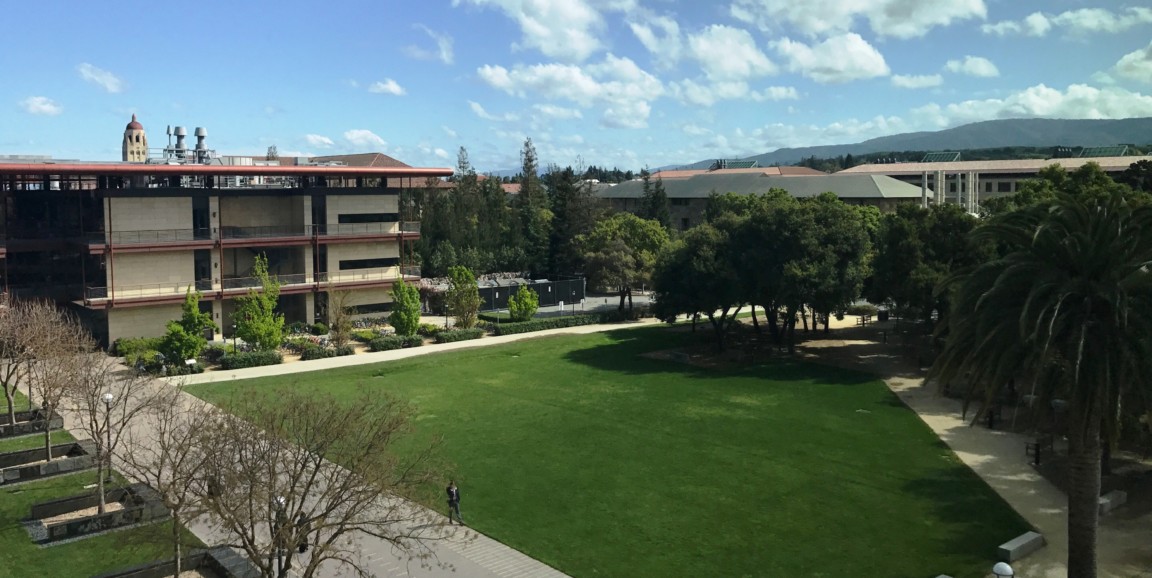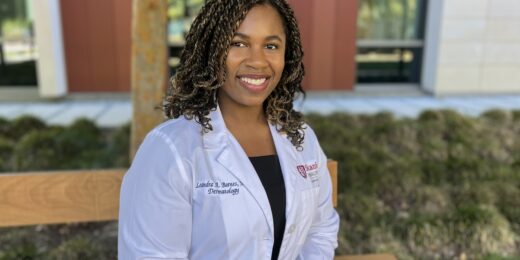I will graduate from medical school next week. As it winds down, I’ve spent a lot of time reflecting on what I’ve learned and how I’ve changed over the past five years.
Obviously I now know a lot more about medicine. There’s no escaping the need to absorb an enormous volume of information. I can rattle off the symptoms, mechanisms, and treatments for heart failure, diabetes, syphilis, and dozens of other diseases off the top of my head. And I’ve repeatedly needed to do so on exams, during clinical rotations, and occasionally as a party trick.
But in looking back on my experience, medical knowledge only scratches the surface of what I learned. Medical school is a forum for more enduring lessons on human connection and personal growth.
Every patient I took care of gave me a new perspective on how people think and interact. I met a lovely lady who took on a different persona outside the doctor’s office, a tough veteran who ate pretzels to prove his self-reliance, and a teenage gangster who used his prison time to graduate from high school. I also met extraordinary caregivers both inside and outside the health system. One of my favorite encounters involved a judge who manages convicts’ psychiatric care in court.
Health and sickness are human universals. We see people at some of their happiest moments (e.g. after having a child) and some of their saddest (e.g. after the loss of a loved one). As a result, medical school forces us to connect with people from every background in many contexts. That duty is a tremendous responsibility, privilege, and opportunity.
Medical school also taught me a lot about adaptability. Clinical rotations required learning a new subject and workflow on a monthly, weekly, or even daily basis. The situations we encountered were widely variable – sometimes I worked with patients in need of cultural understanding while at other times the patient simply needed blunt force.
Cycling through different environments was sometimes frustrating. It felt like we weren’t learning because we shifted onto a new rotation just as we started to develop expertise in a field. Yet the ability to change environments and rapidly get up to speed is valuable and one that will almost certainly help me in the future.
Finally, medical school (and my simultaneous experience in business school) showed me that doctors have many avenues to improve patients’ lives. Patient care doesn’t happen in a vacuum — it happens in a complex and evolving health system. Physicians have an extraordinary platform to lead as clinicians, researchers, managers, policy makers, and more.
The last five years pushed me intellectually, emotionally, and physically. I’m confident that I’m now leaving school with the skills I need in residency, and I'm excited for what’s to come!
Akhilesh Pathipati is a fourth-year MD/MBA student at Stanford. He is interested in issues in health care delivery.
Photo by Margarita Gallardo




